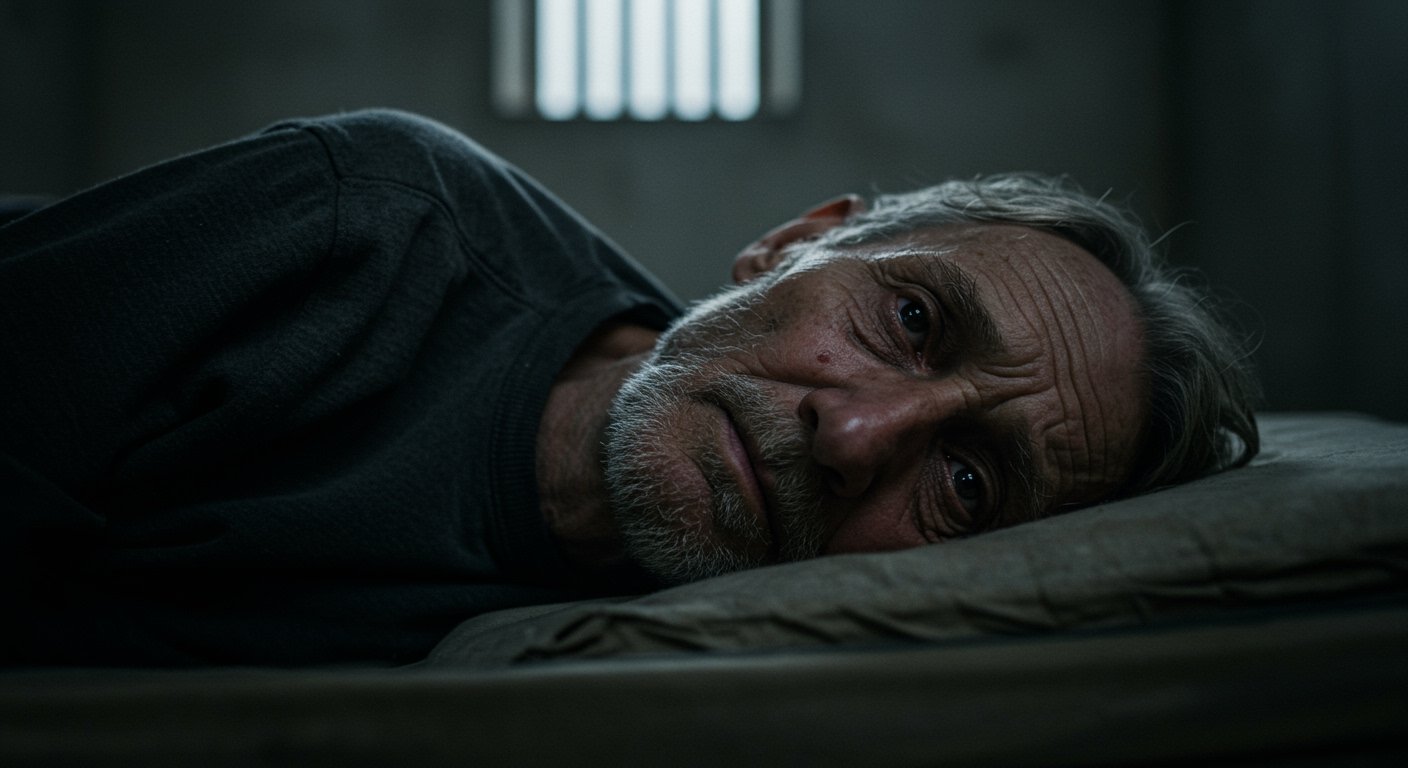MIAMI, FL – A 75-year-old Cuban immigrant who had called the United States home for nearly six decades has died while in the custody of U.S. Immigration and Customs Enforcement (ICE). Isidro Pérez, a fisherman who lived on his boat in Miami, passed away at the Krome Detention Center less than a month after being taken into ICE custody in early June 2025. His death marks a significant milestone in the troubling trend of fatalities within immigration detention facilities, representing at least the fifth death in ICE custody in Florida this year and the 13th case nationwide since the beginning of 2025.
A Life in America Ends in Detention
Isidro Pérez’s life story is intertwined with the vibrant Cuban-American community of Miami. Having arrived in the United States approximately 60 years ago, he established a life rooted in the country. Details surrounding the circumstances that led to his detention in early June 2025 remain limited in public information, but his subsequent death less than a month later inside the Krome Detention Center has drawn sharp scrutiny. The Krome facility, located in Miami, is one of several centers across the country used by ICE to detain individuals pending immigration proceedings or removal.
Pérez was known to have pre-existing health conditions. According to available information, he had previously survived a heart attack and undergone three catheterization procedures. These conditions underscore the vulnerability of elderly individuals, particularly those with chronic illnesses, within detention settings that may face challenges in providing specialized medical care.
Undetermined Cause of Death Fuels Questions
The exact cause of Mr. Pérez’s death has not yet been determined. Following a death in custody, standard procedure typically involves an investigation by relevant authorities, including the Department of Homeland Security’s Office of Inspector General or Office of Professional Responsibility, as well as an autopsy conducted by the local medical examiner’s office. The results of these investigations and the official cause of death can take weeks or even months to be finalized and publicly released. Until that time, the circumstances surrounding his final moments and whether his pre-existing conditions played a direct or indirect role in his death, and how his care was managed within the facility, remain subjects of inquiry.
The lack of an immediate, definitive explanation for Pérez’s death has amplified concerns expressed by immigrant advocates and human rights organizations regarding the quality of medical care and overall conditions within ICE detention centers. These groups have long raised alarms about what they describe as systemic issues, including allegations of medical neglect and abuse.
A Pattern of Fatalities: 13 Deaths Nationwide This Year
Isidro Pérez’s death does not occur in isolation. It is the latest in a worrying series of fatalities within ICE custody across the United States. His passing represents at least the fifth death recorded in Florida detention facilities under ICE’s purview since the start of 2025. More broadly, it is the 13th documented case nationwide within the same timeframe. This tally suggests an average of more than one death per month in ICE custody throughout the current year, a rate that advocates argue necessitates urgent review and reform.
The increasing number of deaths raises critical questions about the health and safety standards maintained within detention facilities that house immigrants. These facilities, whether directly managed by ICE or operated by private contractors under government contract, are responsible for the well-being of the individuals detained within them. The string of fatalities has intensified calls from civil liberties groups, medical professionals, and some lawmakers for greater transparency, independent oversight, and improved healthcare provisions in these centers.
Advocates point to factors such as delayed or inadequate medical attention, difficulties in managing chronic conditions in a carceral setting, and the psychological toll of indefinite detention as potential contributors to the deaths. They argue that elderly detainees or those with serious health issues are particularly vulnerable and that detention may not be appropriate for such individuals.
Activist Concerns Over Medical Care and Conditions
Concerns specifically regarding medical neglect and abuse within ICE jails have been prominently voiced by activists following this and other recent deaths. These groups monitor conditions in detention centers and often receive complaints from detainees or their families about healthcare access, the responsiveness of medical staff, and the ability to manage complex health issues while in custody.
Reports from various watchdog organizations and legal challenges have periodically highlighted deficiencies in the medical services provided in some ICE facilities. These range from allegations of misdiagnosis and delayed specialist referrals to issues with medication management and emergency care. The deaths of individuals with known pre-existing conditions, like Mr. Pérez, often bring these concerns to the forefront, prompting questions about whether proper protocols were followed and if adequate medical resources were available.
The Krome Detention Center itself has been the subject of past scrutiny regarding conditions and care. While ICE maintains that it is committed to the health and safety of individuals in its custody and that deaths are thoroughly investigated, critics argue that the recurring nature of fatalities and the persistent allegations of poor medical care indicate systemic issues that require more than case-by-case review.
The Path Forward: Investigations and Calls for Reform
The death of Isidro Pérez necessitates a full and transparent investigation by independent entities. The findings of the autopsy and any internal or external reviews will be crucial in understanding the specific circumstances leading to his death and whether any failures in care occurred.
Meanwhile, his death adds further urgency to ongoing debates about U.S. immigration detention policy. Advocates continue to push for alternatives to detention, particularly for vulnerable populations such as the elderly and those with significant health needs. They also call for robust, independent oversight mechanisms to ensure accountability and improve standards within existing facilities.
The tragic death of a long-term resident like Mr. Pérez, a man who spent nearly his entire adult life in the United States as a fisherman in Miami, underscores the profound human consequences of immigration enforcement policies and the conditions within the detention system. As the 13th such death nationwide this year, it serves as a stark reminder of the urgent need for scrutiny and potential reform to ensure the safety and well-being of all individuals in government custody.





